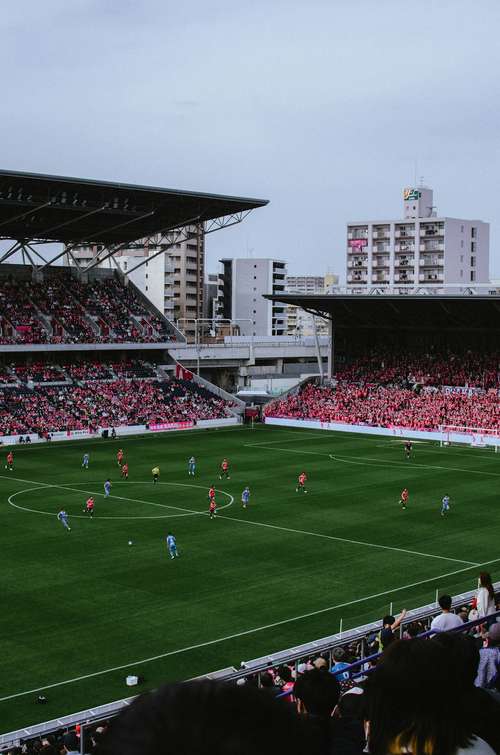In the ever-evolving world of football tactics, a new breed of goalkeeper is changing the game. From Chelsea's Robert Sanchez to Brighton's Bart Verbruggen, the sweeper keeper, a position that combines traditional shot-stopping with advanced ball-playing skills, is reshaping how we think about the last line of defense.
But who is a sweeper keeper, and why are they becoming increasingly crucial in modern football? Let's find out.
The Rise of the Sweeper Keeper
Gone are the days when goalkeepers were expected to simply guard their net. In football today, top teams often demand more from their number ones. This is where the sweeper keeper comes in, a goalkeeper expected to be as comfortable with the ball at their feet as they are using their hands.
This evolution can be traced back to the likes of Manuel Neuer, the legendary German who popularized the role during his time at Bayern Munich. Neuer's ability to rush out of his box to clear danger and participate in build-up play set a new standard for goalkeepers worldwide. Now, players like Ederson at Manchester City and Alisson at Liverpool are taking the role to new heights.
More Than Just Shot-Stopping
What sets sweeper keepers apart from traditional goalkeepers, though? The answer is their ability to act as an additional outfield player when needed. These keepers possess excellent ball control, precise passing skills, and the confidence to venture far from their goal line.
Take Ederson, for example. His pin-point long passes have become a key weapon in Manchester City's arsenal, often initiating counter-attacks or bypassing an entire opposition press. This is typical for managers like Pep Guardiola who prefer to build play from the back, thus, the need for a technical player good at ball distribution. Similarly, André Onana, despite his recent struggles at Manchester United, is known for his ability to play out from the back under pressure.
But it's not just about fancy footwork. Sweeper keepers like Alisson excel at reading the game, allowing them to rush out and clear danger before it develops into a scoring opportunity. This proactive approach to goalkeeping adds an extra layer of security to a team's defense, making keepers with such prospects sought-after in the market.
The Impact on Team Tactics
The emergence of sweeper keepers has had a profound impact on team tactics. Their ability to participate in build-up play allows teams to effectively have an extra outfield player, creating numerical advantages and making it easier to play out from the back.
Also, teams with sweeper keepers can maintain a higher defensive line, knowing their goalkeeper can sweep up any long balls played in behind. This compression of play can make it easier for teams to press their opponents and win back possession higher up the pitch.
However, it's not without risks. As we've seen with Onana at Manchester United, mistakes from a sweeper keeper can be costly. The high-risk, high-reward nature of the role means that when things go wrong, they often lead directly to goals.
The Future of Goalkeeping
Football will continue to evolve, thus the importance of sweeper keepers will grow. These players are not just learning traditional goalkeeping skills, but are being trained from a young age to be comfortable with the ball at their feet. The result is a new type of goalkeeper who can contribute to all phases of play, from shot-stopping to playmaking.
Ultimately, the rise of the sweeper keeper represents a fundamental shift in how we view the goalkeeper's role. No longer just the last line of defense, they are now often the first point of attack. As this trend continues (and more Pep clones continue to appear), we can expect to see more teams adopting this style of play, further cementing the sweeper keeper's place in modern football.




